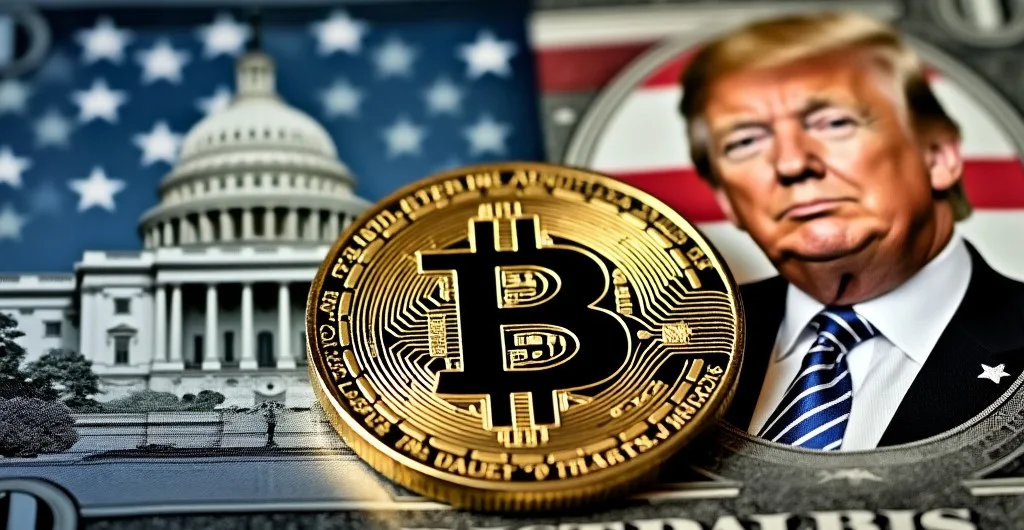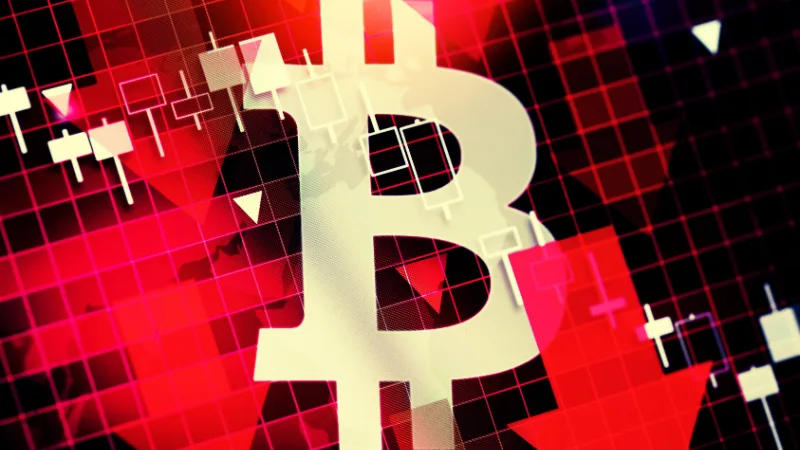The idea of the United States establishing a strategic reserve dedicated to Bitcoin has gained traction in recent months, particularly with the support of prominent crypto advocates and policymakers like Senator Cynthia Lummis. Former President Donald Trump’s consideration of the idea has only intensified the debate. However, the fundamental question remains: Does the U.S. government need a Bitcoin reserve? A thorough analysis reveals that such a move would be not only unnecessary but potentially one of the most reckless financial decisions in modern history.
Free Today: Passive Income Strategies for 2025
Smart investors know passive income isn’t just nice to have — it’s critical in times like these. This FREE guide reveals proven dividend stocks and REITs that can help you build steady income with less stress. Discover simple strategies to put your money to work while you sleep…
Download Your Free Guide NowBitcoin’s Lack of Strategic Utility
A strategic reserve typically consists of assets that serve a crucial economic or national security function. The U.S. maintains strategic reserves of oil, grain, and even medical supplies to ensure national resilience in times of crisis. These reserves exist because they fulfill a clear and tangible public purpose.
Bitcoin, on the other hand, has no industrial utility, no intrinsic value, and no connection to the real economy. Unlike commodities such as oil or gold, Bitcoin is a purely speculative financial instrument whose price is driven entirely by market sentiment and speculative trading. The absence of fundamental economic utility makes it an unsuitable candidate for inclusion in a national strategic reserve.
The Cost to Taxpayers and Fiscal Risk
For a Bitcoin reserve to be meaningful, the government would need to purchase and hold substantial amounts of the cryptocurrency. A proposal by Senator Lummis suggests acquiring an additional one million Bitcoins over five years. At current market prices, this could cost well over $60 billion—a staggering amount of taxpayer money to invest in an asset with extreme volatility and no guarantee of long-term value appreciation.
Furthermore, such a large-scale purchase would create a self-fulfilling price surge, enriching existing Bitcoin holders at taxpayers’ expense. The mere announcement of government purchases would likely send Bitcoin prices soaring, forcing the Treasury to buy at inflated prices while increasing the likelihood of significant losses if the market turns bearish. This introduces a real risk that the government could end up with a reserve that loses value over time, ultimately depleting public funds rather than strengthening national financial security.
Monetary Policy and Inflationary Consequences
A government-backed Bitcoin reserve would also have broader economic implications, particularly concerning monetary policy. To finance such a reserve, the Treasury would either have to increase borrowing—exacerbating the national debt—or the Federal Reserve would need to inject liquidity into the system by creating new money. Either scenario poses severe economic risks.
If the Federal Reserve were to finance Bitcoin purchases by printing money, it would increase inflationary pressures at a time when the central bank is actively working to control inflation. A government-backed Bitcoin accumulation could also undermine confidence in the U.S. dollar, as investors may interpret the move as a shift away from traditional fiat currency. This could destabilize financial markets, increasing volatility rather than providing economic security.
Risk of Financial System Contagion
Bitcoin was originally conceived as an alternative to government-controlled financial systems, yet its mainstream adoption has led to significant institutional involvement. If the U.S. government were to establish a Bitcoin reserve, it would inadvertently provide implicit backing to the crypto industry, encouraging banks and financial institutions to increase exposure to digital assets.
If Bitcoin became widely accepted as collateral for loans and other financial instruments, a sudden drop in its value could have devastating consequences for the banking sector. A major price crash could force financial institutions to liquidate assets, triggering a broader financial crisis reminiscent of the 2008 subprime mortgage collapse. In such a scenario, the government might be compelled to intervene, leading to a taxpayer-funded bailout of financial institutions that took excessive risks in Bitcoin speculation.
Regulatory and Geopolitical Challenges
Another critical concern is the regulatory uncertainty surrounding Bitcoin and the broader cryptocurrency market. The U.S. government has historically been cautious in its approach to crypto regulation, with agencies like the Securities and Exchange Commission (SEC) and the Commodity Futures Trading Commission (CFTC) still debating the appropriate classification of digital assets.
A government-backed Bitcoin reserve would send mixed signals about regulatory intent. It would also complicate U.S. international financial policy. Governments worldwide, including China and the European Union, have taken divergent approaches to cryptocurrency regulation. A U.S. Bitcoin reserve could inadvertently legitimize the asset on a global scale, leading to unintended economic and diplomatic consequences.
The Fundamental Contradiction of Government-Backed Bitcoin
Bitcoin’s fundamental ethos is rooted in decentralization and independence from government control. A government-controlled reserve contradicts this principle, turning Bitcoin into a tool of state-backed finance rather than an alternative to traditional monetary systems. This contradiction weakens the ideological foundation of Bitcoin, alienating a significant portion of its community while simultaneously failing to provide meaningful economic benefits to the country.
Bitcoin is a Speculative Asset, Not a Strategic One
The proposal for a U.S. Bitcoin strategic reserve is a dangerous and impractical idea. It serves no legitimate economic or security purpose, poses significant risks to taxpayers, undermines monetary policy, and introduces systemic financial vulnerabilities. While cryptocurrency and blockchain technology continue to evolve, the government’s role should be focused on fostering responsible innovation and consumer protection rather than engaging in speculative financial experiments.
If investors and institutions wish to hold Bitcoin, they are free to do so in the private sector. However, using taxpayer dollars to subsidize the cryptocurrency market is an unnecessary and reckless gamble. The U.S. government should resist the temptation to play the ‘greater fool’ in an inherently volatile and unpredictable financial landscape.





